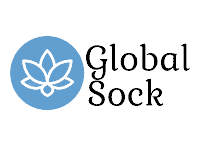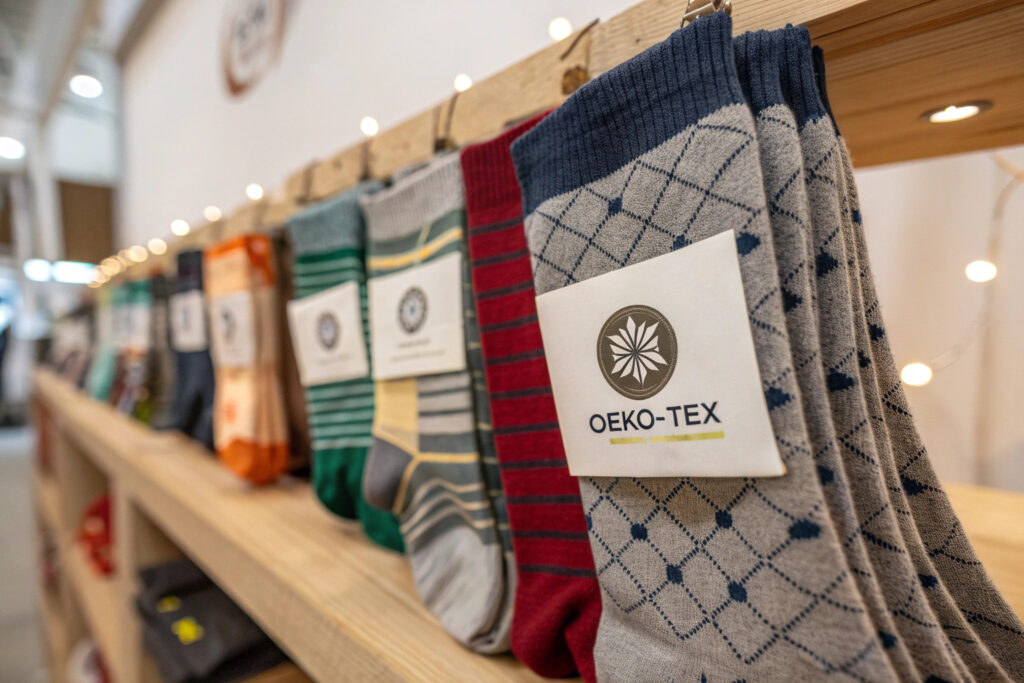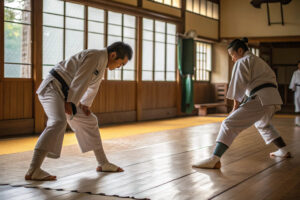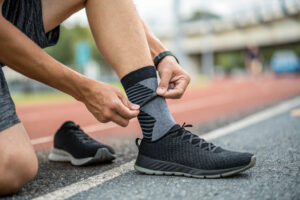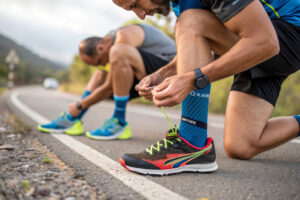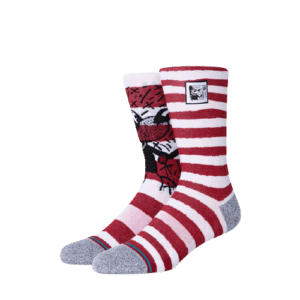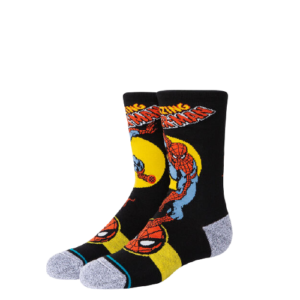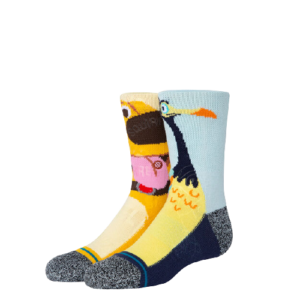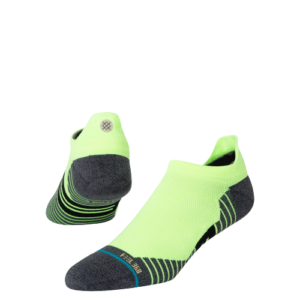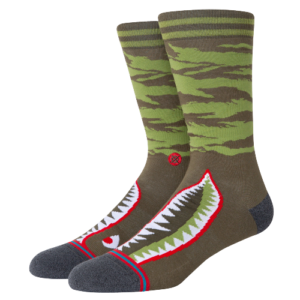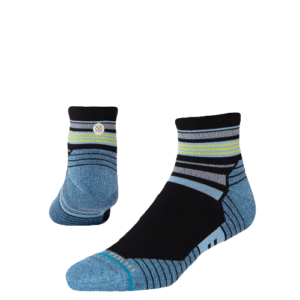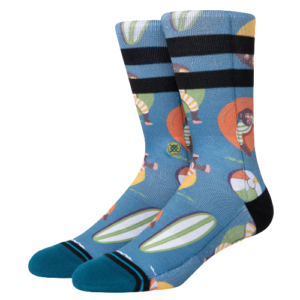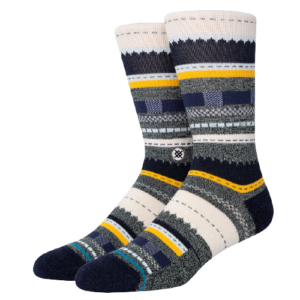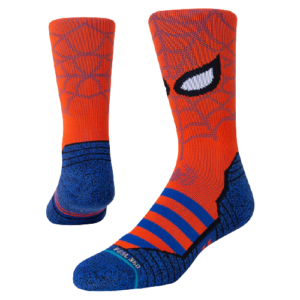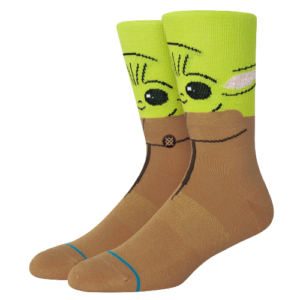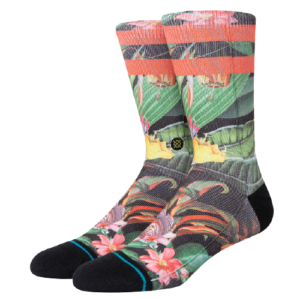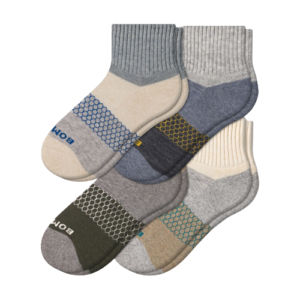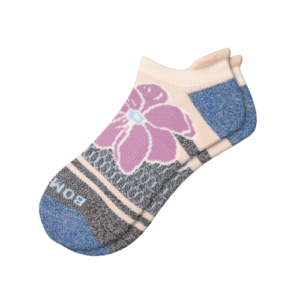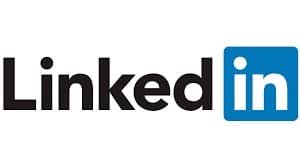Many retailers want to sell eco-friendly products, but finding reliable suppliers is not always easy. Buyers today care about safety, sustainability, and proof that products are made responsibly. Without proper certification, retailers may lose trust and damage their brand.
Oeko-Tex certified socks give retailers a safe and eco-friendly option. This certification proves that socks are free of harmful chemicals and meet global textile standards. It also gives customers confidence when they buy.
In this article, I will explain why Oeko-Tex certified socks are important, how to find the right suppliers, and how they can help you stand out in the market.
Why Choose Oeko-Tex Certified Socks?
Many retailers want to offer safe products but are not sure which labels really matter. Oeko-Tex has become one of the most trusted certifications in the world. Customers look for it when they shop for clothing and socks.
Oeko-Tex certified socks are tested against strict standards. They are safe to wear, kind to the skin, and good for the environment. For retailers, this certification adds strong credibility.
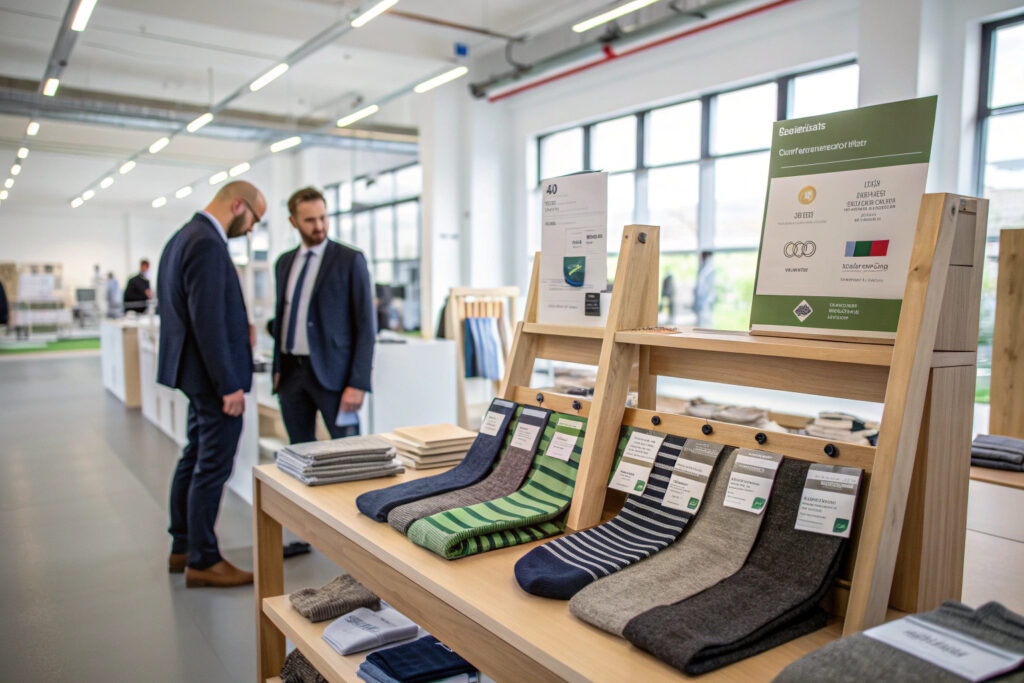
What Makes Oeko-Tex Certification Important?
Oeko-Tex checks products for more than 100 harmful chemicals, such as pesticides and heavy metals. The Oeko-Tex official site explains the process clearly. Retailers in Europe and the U.S. often require this certification before accepting suppliers. The Textile Exchange also lists it as one of the most important eco-labels for textiles.
How Can Retailers Market Oeko-Tex Certified Products?
Retailers can use Oeko-Tex tags in packaging, websites, and ads. Customers feel more secure when they see these labels. According to Sustainable Brands, eco-certifications influence buying decisions. By showing the label, retailers can sell more and build stronger brand trust.
How to Identify Reliable Oeko-Tex Suppliers?
Many suppliers claim to have certifications, but not all of them are real. Some retailers have lost money because suppliers failed to provide valid proof. The best way to avoid this is to check documents carefully and confirm certificates.
Reliable suppliers are open about their certifications. They share test reports, offer audit results, and allow verification. Retailers should only work with these suppliers.
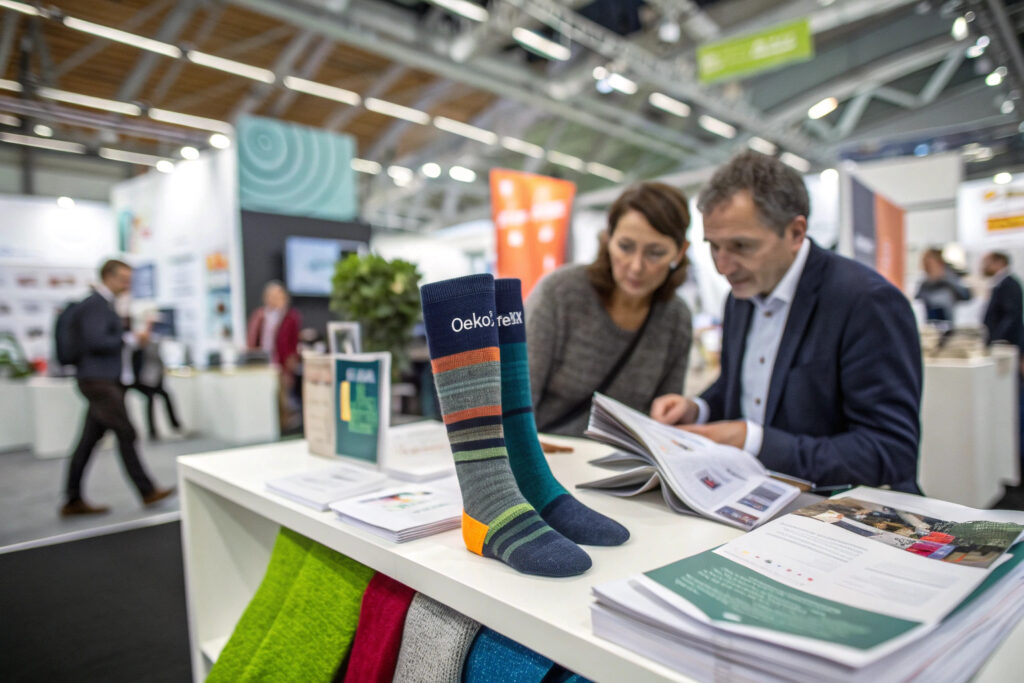
Where Can You Find Certified Suppliers?
The Oeko-Tex buying guide is a great tool. It lists companies with verified certifications. You can also search platforms like Alibaba and filter by certification. Trade shows like ISPO Munich also feature many eco-friendly suppliers.
What Documents Should Suppliers Provide?
Suppliers must provide an Oeko-Tex Standard 100 certificate. It includes a license number, testing institute, and product class. Retailers can confirm it on the Oeko-Tex certificate check. A supplier who avoids showing this is not trustworthy.
What Are the Benefits of Offering Oeko-Tex Socks?
Some retailers worry about the higher cost of certified socks. Others wonder if customers really care. In reality, eco-conscious buyers value certifications and are willing to pay more for them.
Selling Oeko-Tex certified socks brings higher trust, helps meet rules in major markets, and creates a strong brand image. Customers often choose certified products over cheaper options.
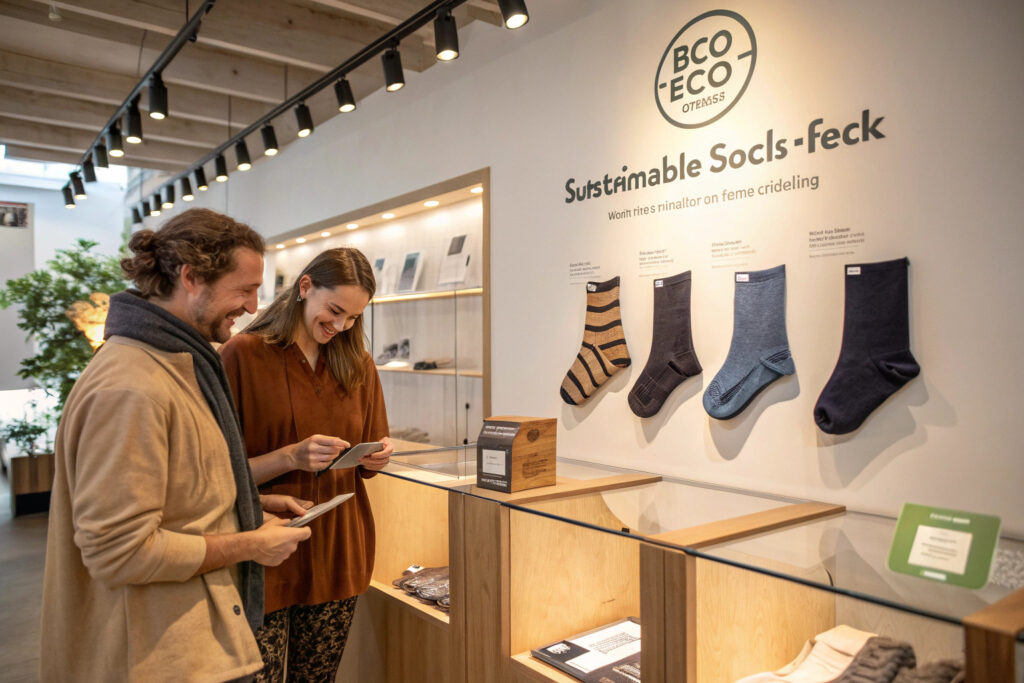
Do Certifications Help With Pricing?
Yes. Certifications support higher price points. A study by McKinsey Sustainability shows customers pay more for eco-friendly products. By selling Oeko-Tex socks, retailers focus on value instead of price alone.
How Do Oeko-Tex Products Build Customer Loyalty?
Customers trust certifications. When they see the Oeko-Tex label, they feel safe buying the product. This trust leads to repeat purchases. Eco-Age advises brands to use certifications in marketing stories to keep customers loyal.
What Steps Ensure Smooth Sourcing and Logistics?
Good suppliers alone are not enough. Logistics problems can cause delays, customs issues, and unhappy customers. Retailers must plan sourcing and delivery carefully.
Clear contracts, proper documents, and trusted shipping partners are the key to smooth sourcing. Retailers should always check both product certifications and logistics support.
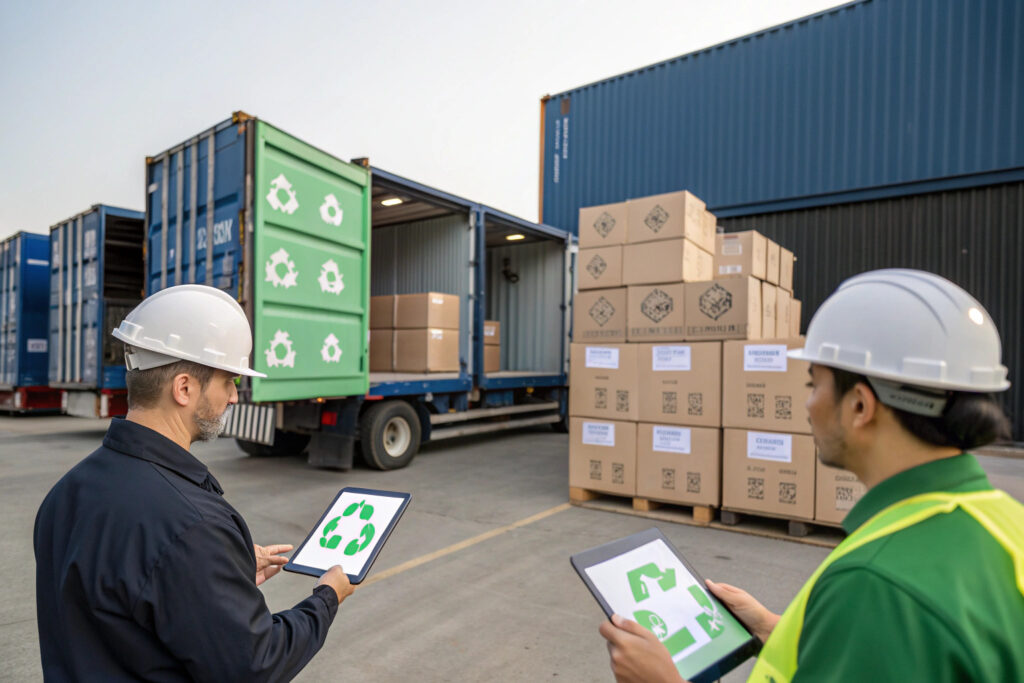
How to Manage Customs and Documentation?
Customs is often where shipments are delayed. Retailers should work with suppliers who understand international shipping rules. The Export.gov guide gives useful tips. Importers into the EU can also check the European Commission trade page for updates.
Which Logistics Practices Improve Reliability?
Retailers should choose logistics partners with eco-shipping options. These partners provide real-time tracking and green packaging. DHL GoGreen is one example. Working with such partners ensures smooth deliveries and supports sustainability goals.
Conclusion
Sourcing Oeko-Tex certified socks is a smart choice for eco-conscious retailers. It ensures product safety, builds trust with buyers, and supports premium positioning in the market. By working with reliable suppliers, checking certifications, and planning logistics, retailers can grow their business and stay competitive.
If you are ready to bring certified sustainable socks into your product line, we at Shanghai Fumao can help. Partner with us to co-create eco-friendly, high-quality socks tailored to your retail needs. You can contact our Business Director Elaine at elaine@fumaoclothing.com to start your next order with confidence.
